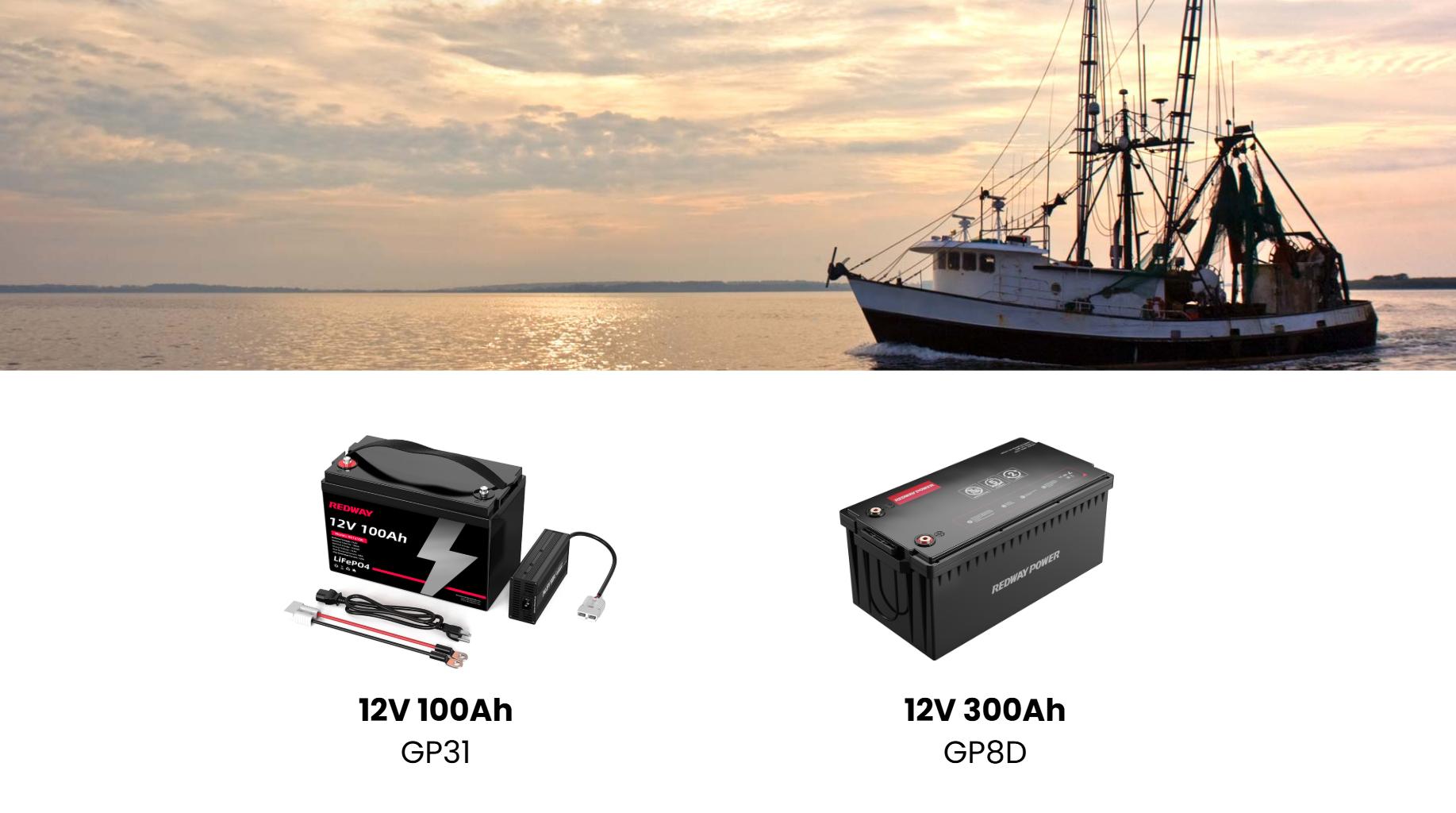Lithium marine batteries offer several advantages, including longer lifespan, lighter weight, and faster charging compared to traditional lead-acid batteries. However, they also come with drawbacks such as a higher initial cost and sensitivity to extreme temperatures. Understanding these pros and cons is essential for making informed decisions about battery selection for marine applications.
The Rise of Lithium Marine Batteries
In recent years, lithium marine batteries have gained popularity among boaters and marine enthusiasts due to their superior performance characteristics. As technology advances, more individuals are considering lithium options for powering their vessels. This article will explore the pros and cons of lithium marine batteries, helping users make informed choices.
1. Advantages of Lithium Marine Batteries
Lithium marine batteries provide numerous benefits that make them an attractive option:
- Longer Lifespan: Lithium batteries typically last 2,000 to 5,000 cycles, significantly outlasting lead-acid batteries, which usually last only 500 to 1,000 cycles. This longevity translates into lower replacement costs over time.
- Weight Efficiency: Lithium batteries are considerably lighter than lead-acid counterparts. For instance, a lithium battery can weigh about half as much as a lead-acid battery with the same capacity, improving overall vessel performance and fuel efficiency.
- Faster Charging Times: Lithium marine batteries can be charged much more quickly than lead-acid batteries. They can accept higher charge currents without damage, allowing for rapid recharging during short stops.
- Higher Depth of Discharge (DoD): Lithium batteries allow for deeper discharges without damaging the battery. Users can safely discharge up to 80-90% of the battery’s capacity, compared to only about 50% for lead-acid batteries.
- Temperature Resilience: Many lithium marine batteries are designed to perform well in a wider range of temperatures, making them suitable for various marine environments.
2. Disadvantages of Lithium Marine Batteries
Despite their advantages, lithium marine batteries also have some drawbacks:
- Higher Initial Cost: The upfront cost of lithium batteries is generally higher than that of lead-acid batteries. This initial investment can be a barrier for some boat owners.
- Charging System Compatibility: Not all charging systems are compatible with lithium technology. Users may need to invest in new chargers or modify existing systems to ensure safe and efficient charging.
- Temperature Sensitivity: While lithium batteries perform well in various temperatures, they can be sensitive to extreme heat or cold. Operating outside recommended temperature ranges can affect performance and longevity.
- Complex Battery Management Systems (BMS): Lithium batteries often require sophisticated BMS to monitor voltage, temperature, and state of charge. This adds complexity and potential points of failure compared to simpler lead-acid systems.
3. Comparing Lithium Marine Batteries with Lead-Acid Batteries
When evaluating battery options for marine applications, it’s helpful to compare lithium and lead-acid technologies directly:
| Feature | Lithium Marine Batteries | Lead-Acid Batteries |
|---|---|---|
| Lifespan | 2,000 – 5,000 cycles | 500 – 1,000 cycles |
| Weight | Lighter (up to 50% less) | Heavier |
| Charging Speed | Fast (hours) | Slower (several hours) |
| Depth of Discharge (DoD) | 80-90% | 50% |
| Initial Cost | Higher | Lower |
| Temperature Range | Wider range | Limited |
4. Applications for Lithium Marine Batteries
Lithium marine batteries are suitable for various applications within the boating industry:
- Electric Propulsion Systems: Ideal for electric motors in sailboats and motorboats due to their lightweight and efficient power delivery.
- House Batteries: Perfect for powering onboard appliances, lighting, and electronics while providing longer runtimes.
- Hybrid Systems: Often used in hybrid setups where both electric propulsion and traditional engines are employed.
Latest News
- Recent advancements in lithium battery technology have led to significant improvements in energy density and safety features tailored specifically for marine applications.
- The demand for eco-friendly boating solutions is increasing as more consumers seek sustainable energy options for their vessels.
- Regulatory bodies are focusing on promoting safer battery technologies in the marine industry to mitigate risks associated with traditional lead-acid systems.
Redway Expert Comment
In our extensive experience at Redway Battery, we understand that lithium marine batteries offer substantial advantages over traditional lead-acid options. Their longer lifespan and faster charging capabilities make them ideal for modern boating needs. However, potential users should consider their specific requirements and ensure compatibility with existing systems before making the switch.”
Conclusion
Lithium marine batteries present a compelling alternative to lead-acid batteries with numerous advantages such as longevity, weight efficiency, and faster charging times. However, they also come with considerations like higher initial costs and temperature sensitivity. By understanding these pros and cons, boat owners can make informed decisions that enhance their boating experience while ensuring reliable power solutions on the water.




